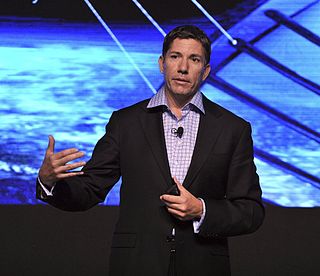A Quote by Bill Gross
Bond investors want growth much like equity investors, and to the extent that too much austerity leads to recession or stagnation then credit spreads widen out - even if a country can print its own currency and write its own cheques.
Related Quotes
Most startup entrepreneurs unnecessarily spend half their time and give up half their equity in search of funding from angel investors and venture capitalists. Tens of millions of dollars are available to them for free from partners who not only don't want their equity, they don't even want to be paid back.
Too often, investors are the target of fraudulent schemes disguised as investment opportunities. As you know, if the balance is tipped to the point where investors are not confident that there are appropriate protections, investors will lose confidence in our markets, and capital formation will ultimately be made more difficult and expensive.
I should say, the one thing you run into is, if you're trying to raise a round you have to decide, well, how much money are you trying to raise? And then you have to justify that to your investors, because they want to know why you [are] raising that much? Why aren't you raising either twice as much or half as much?
Where you want to be is always in control, never wishing, always trading, and always first and foremost protecting your ass. That's why most people lose money as individual investors or traders because they're not focusing on losing money. They need to focus on the money that they have at risk and how much capital is at risk in any single investment they have. If everyone spent 90 percent of their time on that, not 90 percent of the time on pie-in-the-sky ideas on how much money they're going to make, then they will be incredibly successful investors.
We make too much out of past performance, and it's very misleading to investors. It causes them to move money around. They buy a fund that's hot and then it turns cold as all hot funds eventually do. And then they get out. Well, buying at the high and selling at the low isn't going to leave you a satisfied shareholder, right?
































